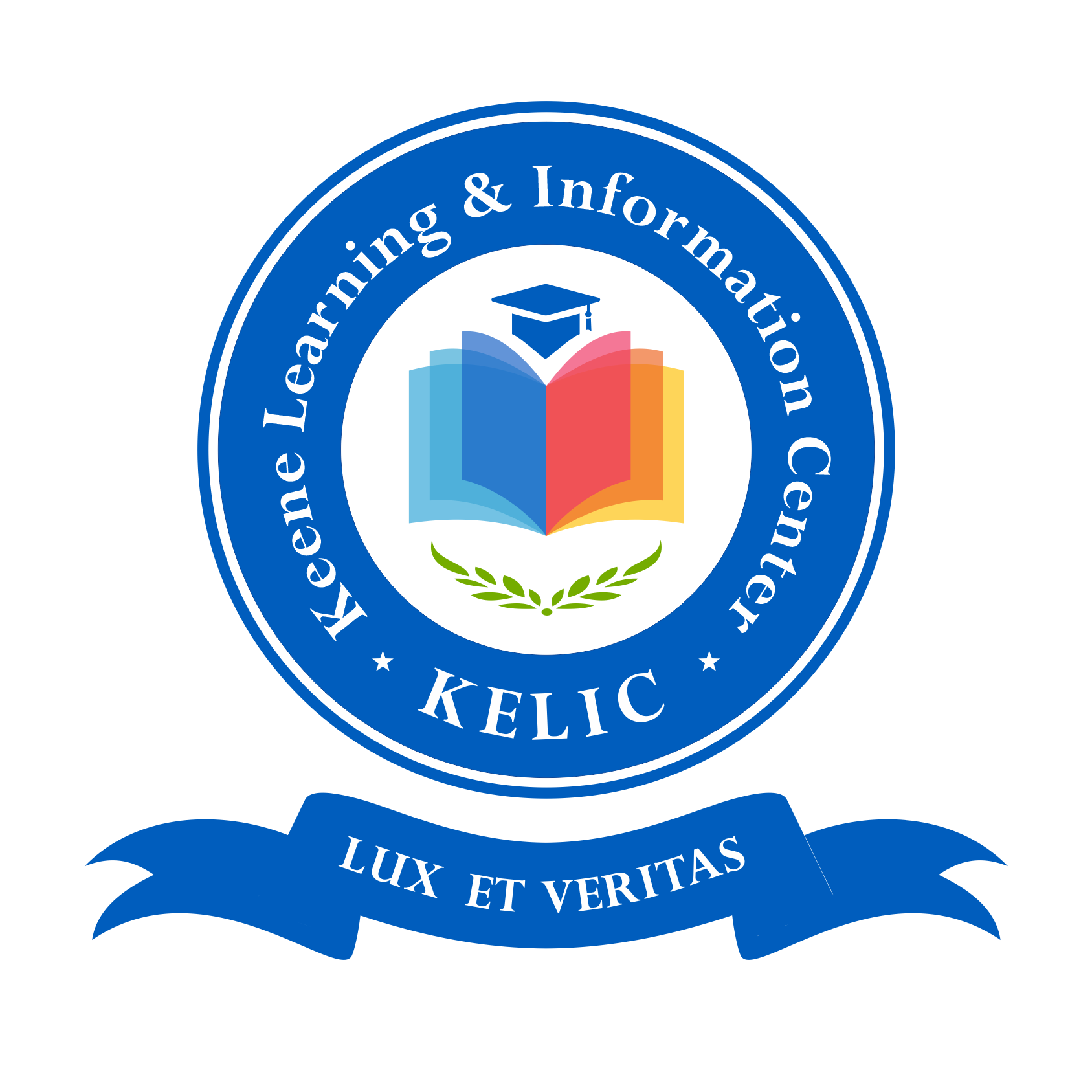
Globally, only 1 in 3 adults are financially literate. This points to a staggering 3.5 billion adults, majority of whom live in developing economies, lacking basic understanding of fundamental financial concepts. Africa is the least financially literate of all continents with only Botswana surpassing 50% and others falling between 31% and 40%. Despite being Africa’s largest economy, only 26% of Nigerian adults are financially literate.1
Having a good financial knowledge is essential today, where numerous complex financial products are accessible to many people.1 Often, the consequences of financial illiteracy clearly underscores the importance of it.2 Financially illiterate individuals are generally prone to exploitation, higher costs, increased debt, poor investment decisions and credit issues.3 While financially literate individuals make wiser financial decisions and enhance their economic well-being and stability alongside their families. Thereby contributing to community vitality and promoting economic development. Demonstrating how financial literacy impacts not only personal finance but also community and society’s economic development.2
Furthermore, studies have shown that financial literacy enhances the capacity of individuals to manage money and lowers poverty both in the short-term and long-term.4 It also revealed that financial literacy have a direct effect in poverty reduction and an indirect effect via financial inclusion and entreprenuership.5-6
A study concludes that “Since financial resources are never enough and continuity of income stream cannot be guaranteed, empowering individuals with the knowledge and skills to make informed financial decisions that can help break the endless cycle of poverty caused by financial illiteracy is necessary.”6
Our Financial Literacy Project revolutionizes conventional methods to financial literacy. The project places a strong emphasis on practical application in addition to imparting knowledge to ensure that participants apply their financial skills in the real world. We seek to fill the gap between theoretical understanding and real-world application.
The project aims to provide them with a well-rounded understanding of financial concepts that will help them develop a sense of financial responsibility and accountability. It equips them to make long-term financial planning, improve their financial decision-making, develop an entrepreneurial mindset, develop financial resilience, leverage opportunities and eventually break the cycle of poverty.
References
- Global Financial Literacy Survey-Finlit_Report.pdf.
- Financial Education and Economic Development .pdf.
- Fanta, A. & Mutsonziwa, K. Financial Literacy as a Driver of Financial Inclusion in Kenya and Tanzania. J. Risk Finance. Manag. 14, 561 (2021).
- Assessing the Impact of Financial Education Programs- A Quantitative Model .pdf.
- Effect of Financial Literacy on Poverty Reduction Across Kenya,Tanzania, and Uganda.pdf.
- The Role of Financial Literacy in Poverty Reduction.pdf.


0 Comments